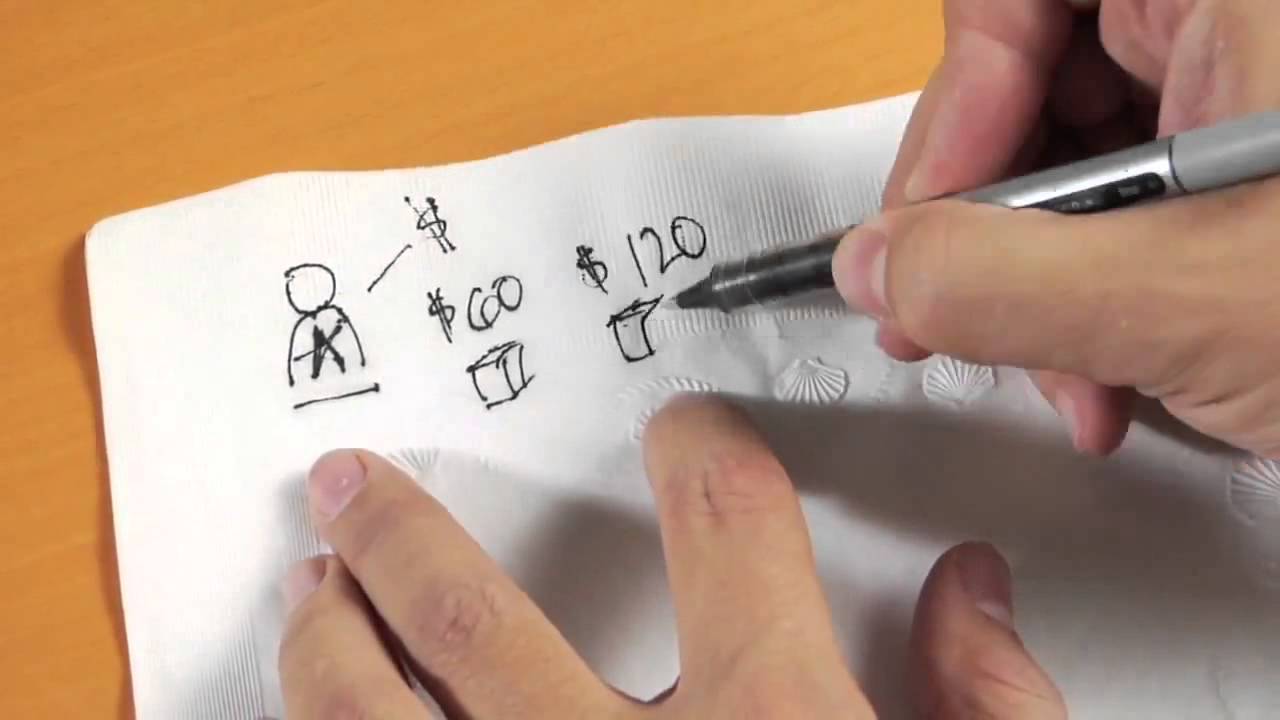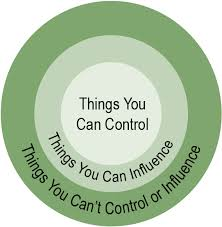 First in a Series: 6 Questions Your Major Gift Plan Must Answer
First in a Series: 6 Questions Your Major Gift Plan Must Answer
“We need the money, and major gifts is the best way to get it.”
“Unlike other fundraising strategies, major gifts can deliver an immediate return.”
“We are insisting that our MGOs have a return-on-investment of at least 4 to 1 in the first year.”
These are just a few of the statements we hear out in the marketplace about major gifts. They all have a common theme – quick production and return expectation, driven by lack of understanding and lack of patience.
This kind of thinking is why I’m writing this six-part series on the six questions any major gift plan should answer. We want to memorialize what it really takes to do major gifts. And any plan to launch or reformat/revise a major gift program should answer the six questions I’ll pose in this and the next five posts.
The first question is: “Do you have the patience and time to do major gifts right?”
Most people don’t.
This is always amazing to Jeff and me, because we all know that good relationships take time. But for some reason, when it comes to fundraising and major gifts, many authority figures have cast aside any relational knowledge and experience they have, and they’ve defaulted to viewing donors as immediate sources of cash.
The only explanation I can give for this behavior (other than ignorance of how relationships work) is that they really don’t understand that an effective major gift program will take a couple of years to get on its feet for the following reasons:
- You have to find, train and acculturate a MGO. This is no easy task. Many timing errors are made in this area. For instance, a manager says they will start a major gift program in July, and then waits until May or June to start looking for the MGO. We would suggest that you aren’t actually starting a major gift program until you have the MGO seated and trained.
- The MGO needs to qualify donors. This will take, at a minimum, 8 months. It is a laborious, time-intensive process of sorting through donors who meet the giving and capacity metrics to find the ones that actually want to relate more personally.
- The MGO needs to become familiar with your programs and services. This sounds easy, and many authority figures think it’s just a matter of the MGO sitting down and having a conversation with a program person. Nope. It’s way more than that. It takes understanding the problem being addressed, the proposed solution, the costs and timeline, and the individual stories that illustrate the need. This takes time.
- The MGO needs to develop relationships. You might have the first three items above nailed down, but developing relationships has its own schedule. A MGO cannot rush a relationship. It just will not happen. I had a conversation last week where a CEO was pressuring the development person to “push on the donor” to meet a financial period goal. Sorry, it doesn’t work that way. Oh yes, you may get some dollars in the door as a result of your push. But you will bruise the relationship. And that will hurt you in the long run.
All of this takes time. And if your major donor plan doesn’t schedule a great deal of time to get up and running and become fully functional, then you’re headed for trouble.
Ask yourself: “Is my major gift plan supported by people who are patient, and who realize that the program will take time to meet financial expectations?” If your answer is “no,” be careful. You’re headed into troubled times. (Tweet it!)
Richard
PS — Learn more about the time frames you can expect for a new program, or new staff, to bring in substantial new revenue. Click here to download our article and worksheet.
Read the whole series on Questions Your Major Gift Plan Must Answer:







Excellent reminder for MGO’s and instructions for ED’d and MGO Managers.